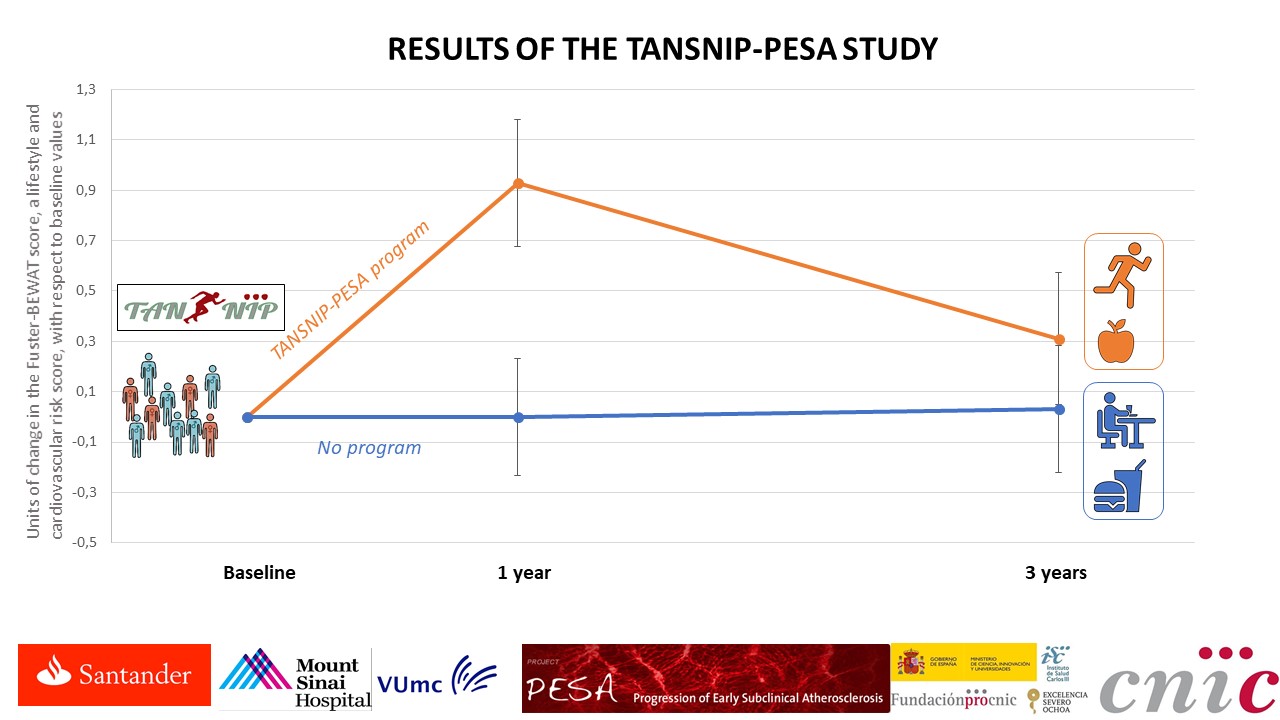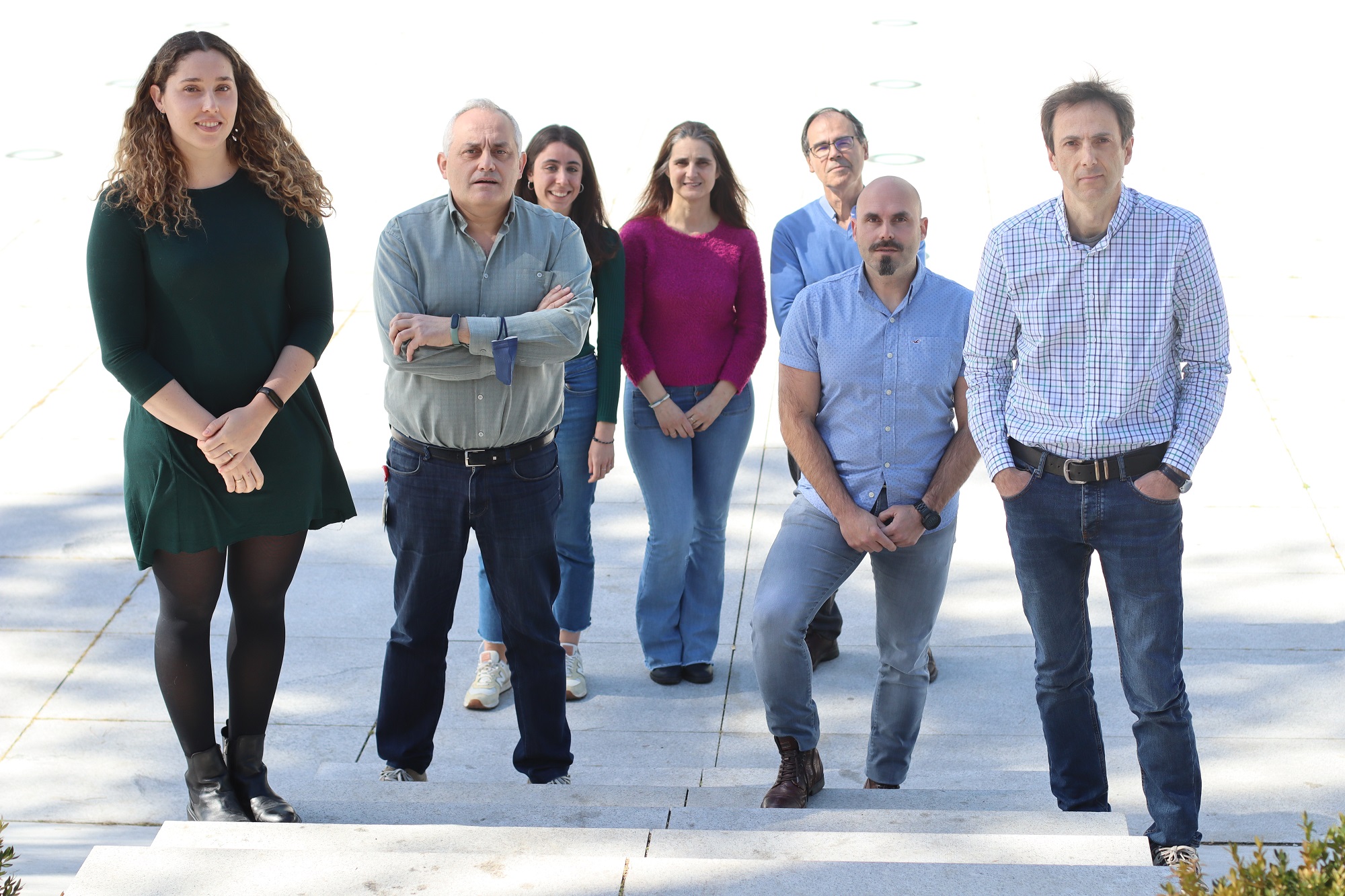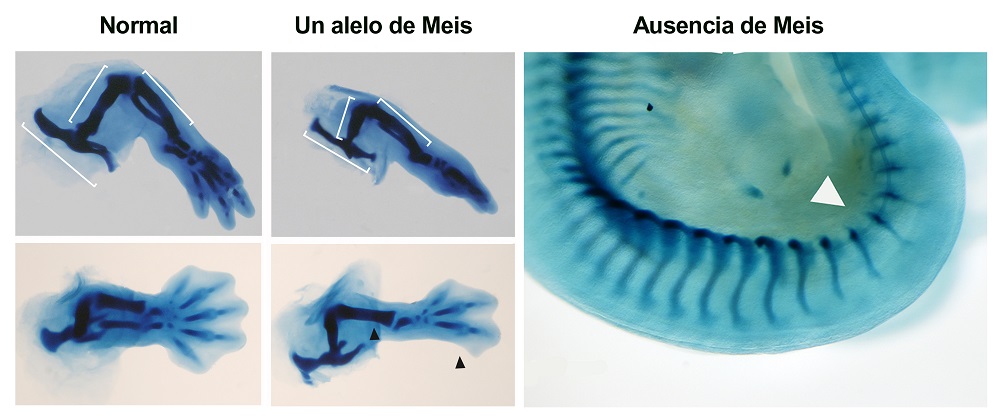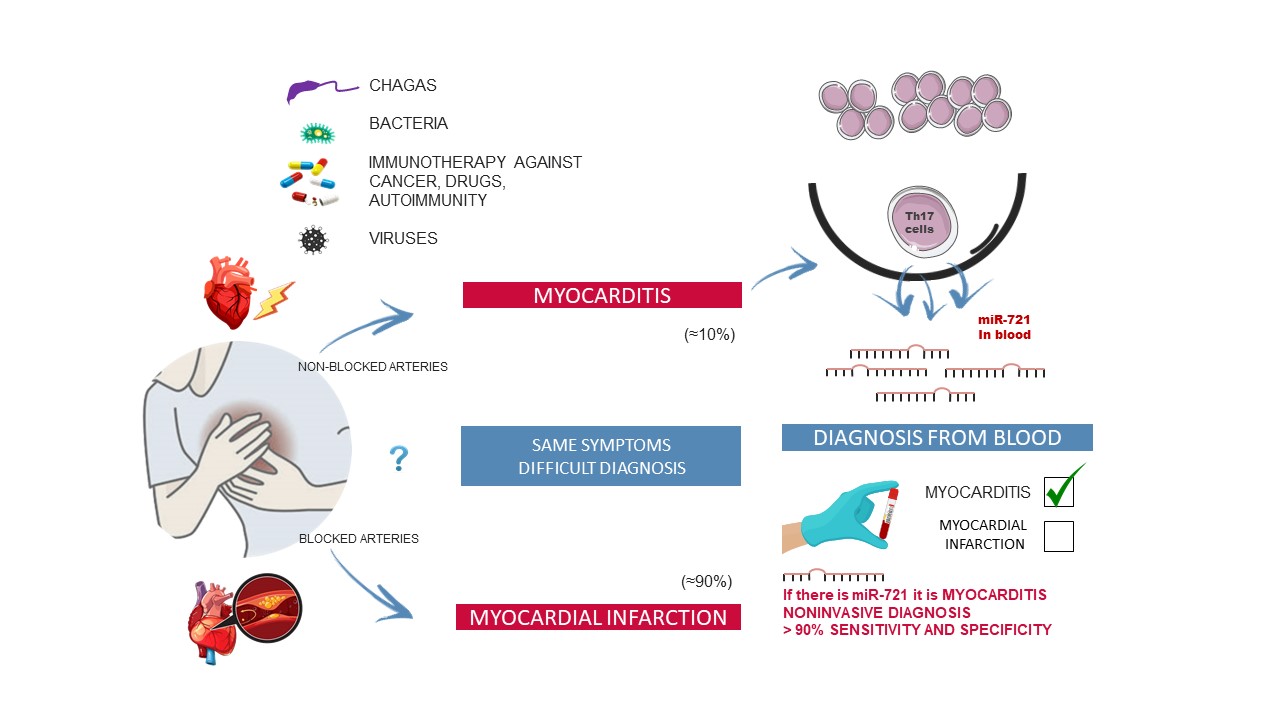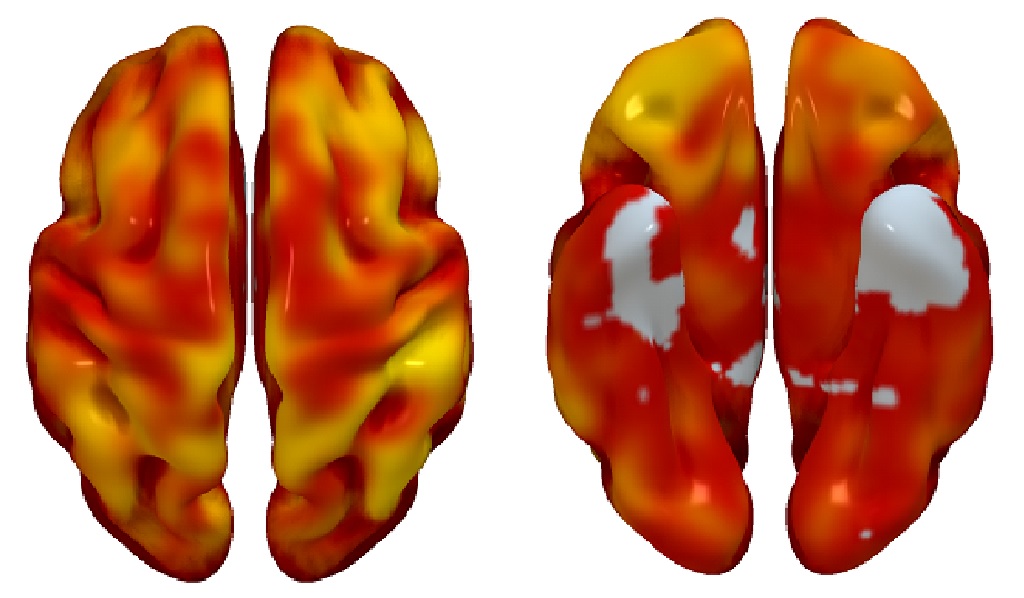News search
|
Research 16 Jan 2023 Nature Cardiovascular Research: The 'guardian of the genome' protects against cardiovascular disease A CNIC study extends the understanding of how acquired mutations in blood cells act as a new cardiovascular risk factor |
|
About the CNIC 2 Nov 2022 A new study defines a mechanism that regulates inflammation after a myocardial infarction, opening a path to the use of the receptor |
|
Research 26 Jul 2022 Adherence to a workplace cardiovascular health-promotion program improves lifestyle and risk factors in healthy individuals |
|
About the CNIC 18 May 2022 The project will examine long-term changes in plasma biomarkers of neuronal injury, neuroinflammation, and Alzheimer's disease in participants in the PESA-CNIC-SANTANDER study who have undergone imaging studies to map brain metabolism. The goal of the project is to determine how cardiovascular risk factors during midlife impact brain function |
|
Research 3 Mar 2022 Most biological processes require the import to the cell nucleus of key regulatory factors; one of the most important of these factors is the protein YAP |
|
Research 29 Jun 2021 A study published in JACC shows that excess circulating triglyceride concentrations are associated with subclinical atherosclerosis and vascular inflammation in individuals with low-to-moderate cardiovascular risk according to standard scores |
|
Research 2 Jun 2021 The study, published in Nature Communications, reveals that Meis transcription factors are essential for the formation and antero-posterior patterning of the limbs during embryonic development |
|
Research 27 May 2021 The diagnosis of acute myocarditis is challenging, and the availability of a sensitive and specific early marker of acute myocardial inflammation could have a major impact on its clinical diagnosis |
|
Research 5 Apr 2021 The study, carried out at the Centro Nacional de Investigaciones Cardiovasculares (CNIC) and the Hospital Universitario Virgen de Arrixaca in Murcia, establishes clonal hematopoiesis as a new cardiovascular risk factor and an important link between aging and cardiovascular disease |
|
Research 15 Feb 2021 Among the modifiable cardiovascular risk factors showing a close association with reduced brain metabolism, the research team found that the most important is hypertension |
- ‹ previous
- 2 of 4
- next ›


